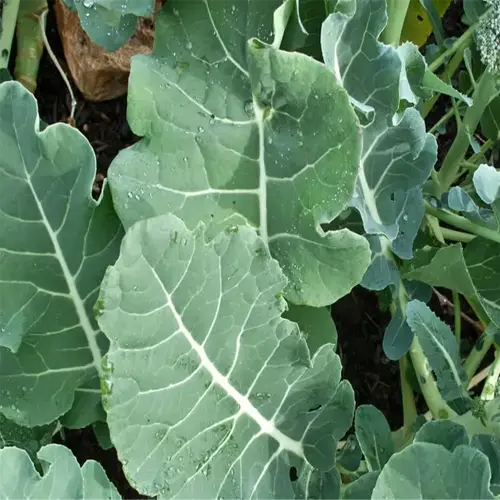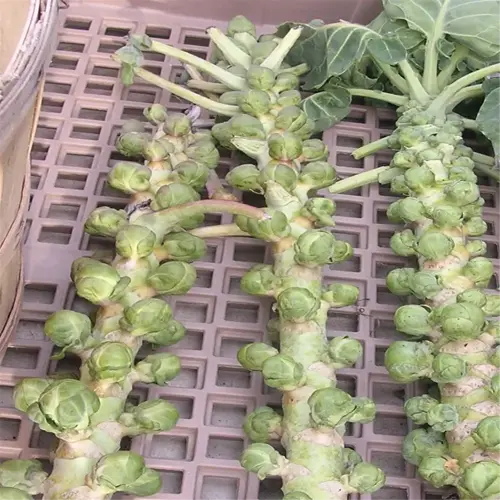Why are cashews never sold in their shells?

Written by
Michael Sullivan
Reviewed by
Prof. Martin Thorne, Ph.D.Inside the shells of cashew nuts is urushiol, the same poisonous oil in poison ivy. Urushiol can cause an extremely severe burn on contact with the skin. Commercial processors heat the cashew fruit in industrial ovens to 410°F (210°C) to neutralize any toxins from urushiol, which is something home-growers do not have. My attempt at shelling a cashew the first time resulted in blisters I then had for weeks.
Toxicity Risks
- Urushiol concentration: 10x higher than poison ivy
- Airborne exposure: Burning shells releases toxic fumes
- Secondary contamination: Oil transfers to tools/clothing
- Permanent stains: Shell oil marks surfaces irreversibly
Safe Handling
- Industrial PPE: Full-face respirators + aluminized gloves
- Neutralizers: Vinegar rinses for accidental contact
- Waste disposal: Incineration at 1500°F (815°C)
- First aid: Calamine lotion + cold compresses for rashes
Commercial operations utilize closed-loop systems to recover shell oil for industrial applications, such as brake linings. I previously toured a plant in Brazil, where workers donned full suits reminiscent of hazmat suits. Cleaning the shells in a home kitchen cannot replicate a commercial system. Moreover, it is even challenging to ensure that a handful of roasted, commercial cashews bought in a store at some point inside of the shell will not have traces of shells that need to be removed.
A client was ambitious and attempted shelling nuts on their own using an oven. Unfortunately, this caused toxic smoke to fill their kitchen, and firefighters had to ventilate the house. I now recommend to my clients that they freeze raw nuts at -4°F (-20°C) for 48 hours before carefully cracking the nut. Besides, properly pre-shelled nuts are always preferable to anyone other than the professional.
Read the full article: How to Grow Cashews: Expert Tips for Home Cultivation

